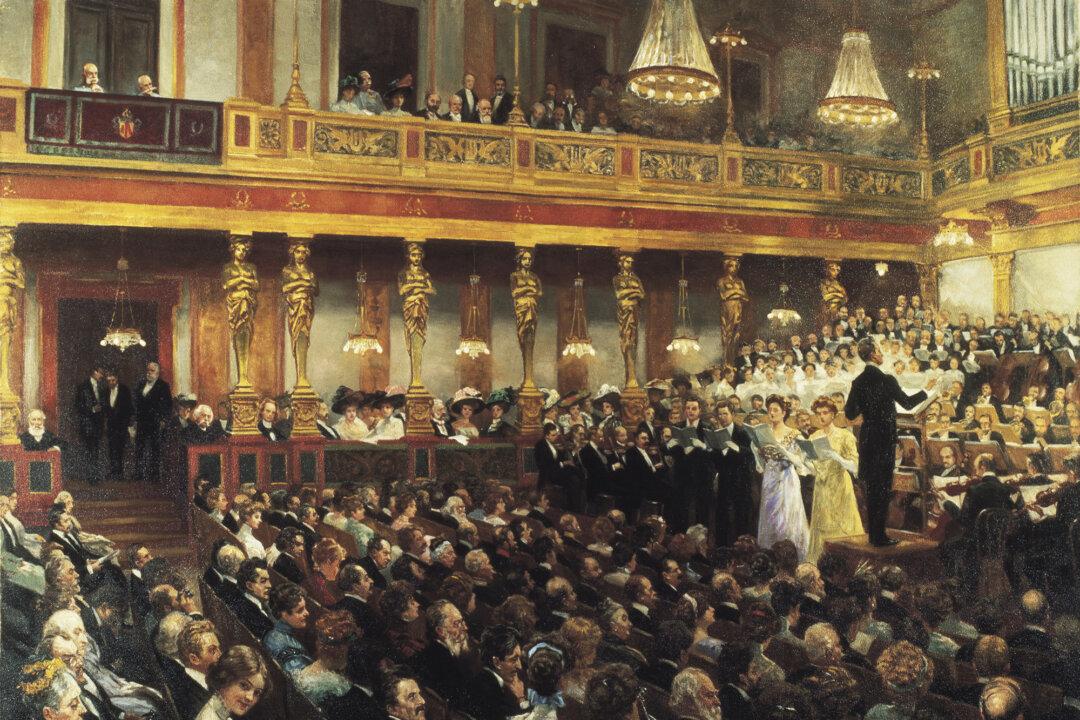The other day, I ran across a passage from “That Hideous Strength“ that seems oddly applicable to our time. A dystopian novel written by C. S. Lewis at the close of World War II, ”That Hideous Strength” finds one of its main characters, Mark Studdock, working for N.I.C.E., an organization that pulls the strings in a controlling, totalitarian society.
Studdock is assigned to write propaganda articles for N.I.C.E., an assignment which he objects to when he receives it from his boss, Miss Hardcastle. Studdock argues that it won’t work because newspapers “are read by educated people” too smart to be taken in by propaganda. The story continues:
Annie Holmquist is a cultural commentator hailing from America's heartland who loves classic books, architecture, music, and values. Her writings can be found at Annie’s Attic on Substack.
Related Topics






